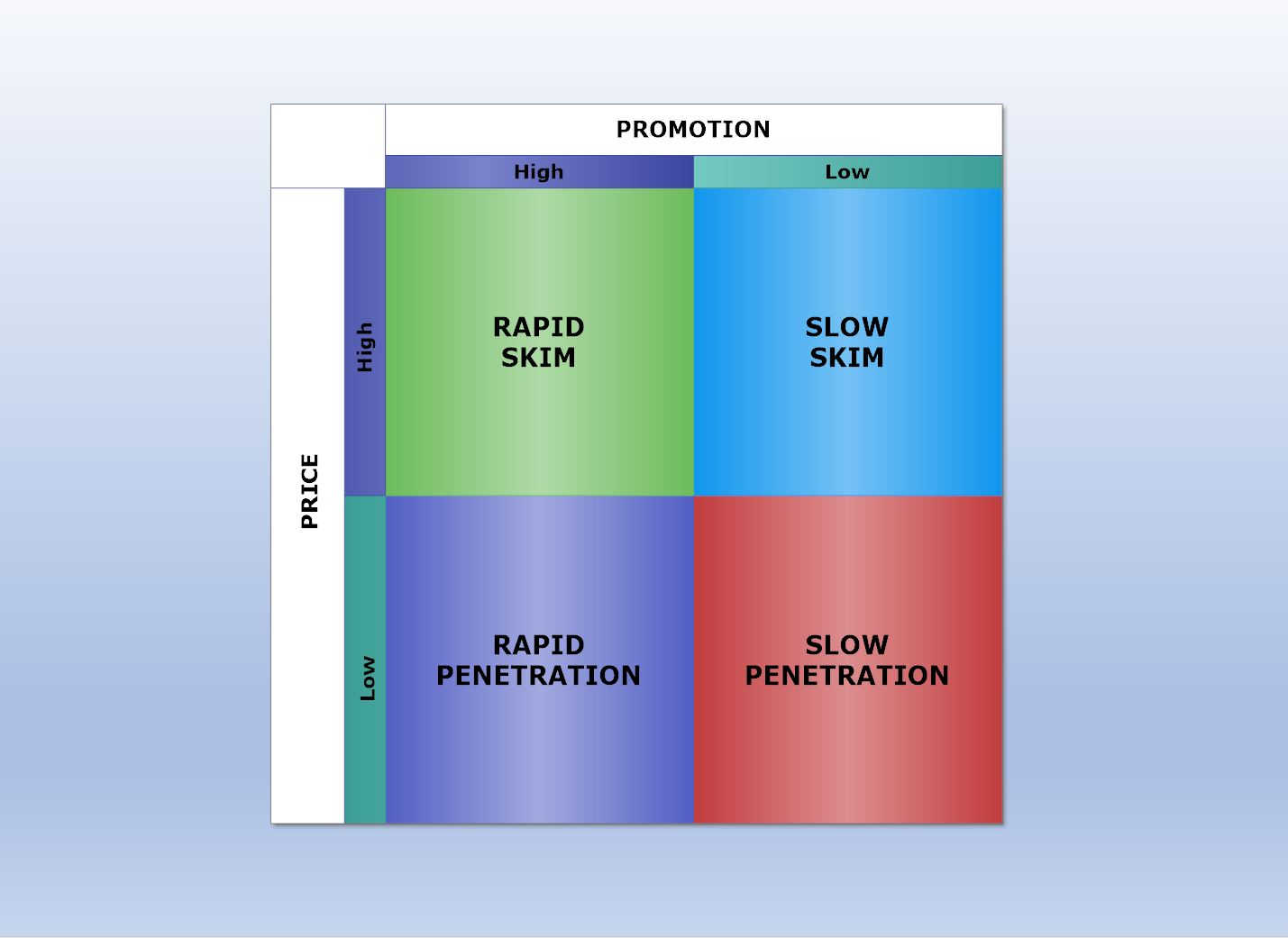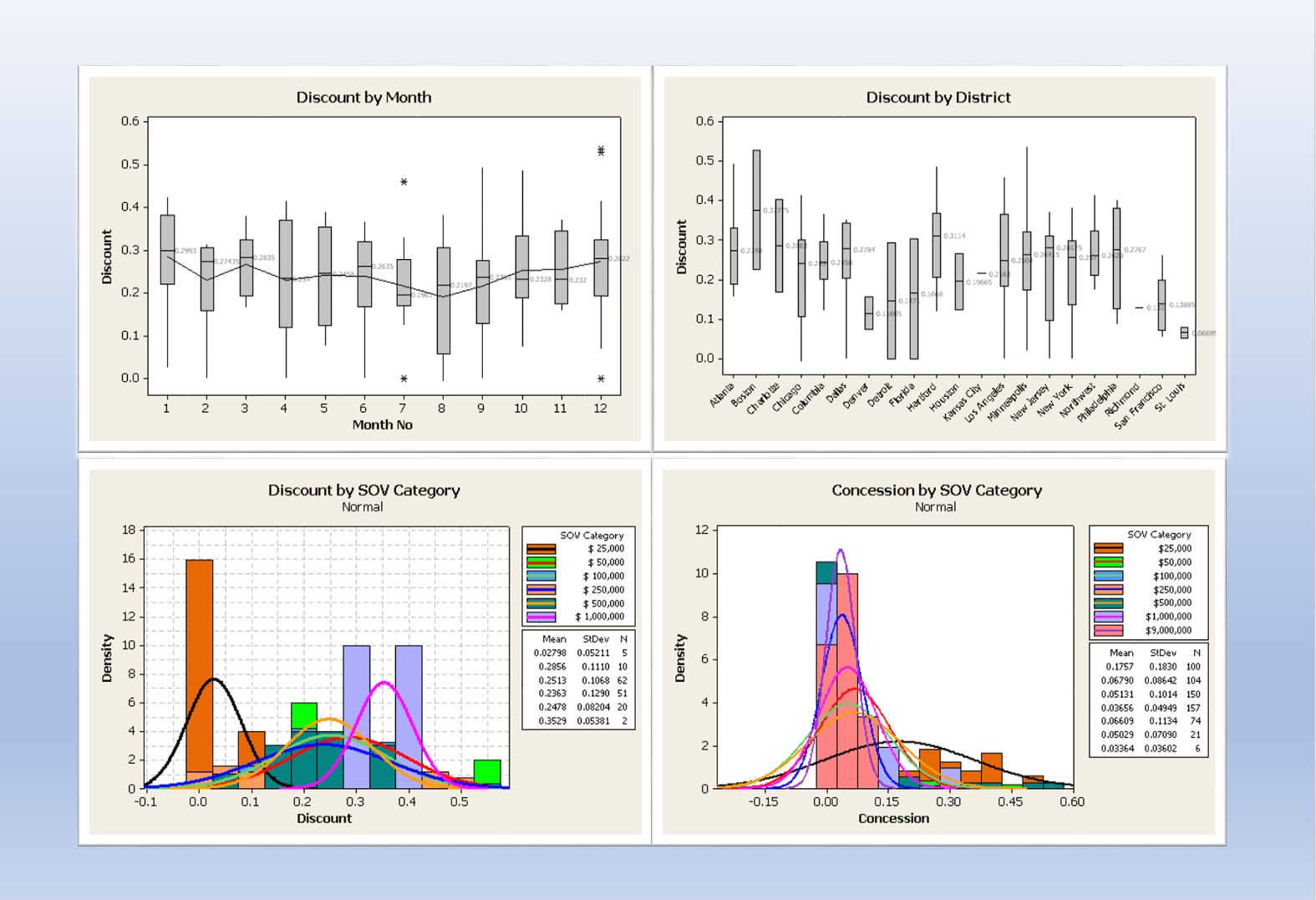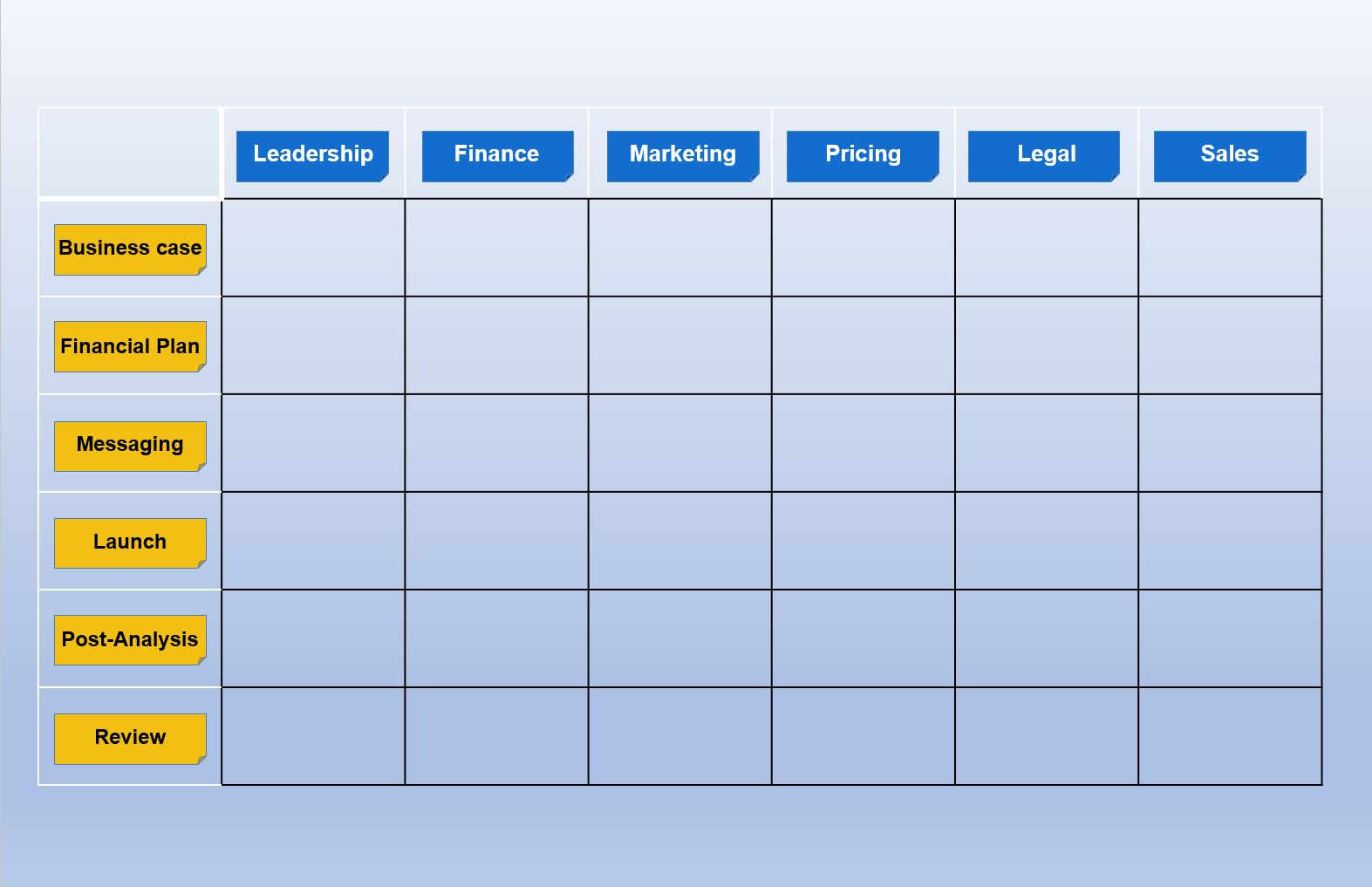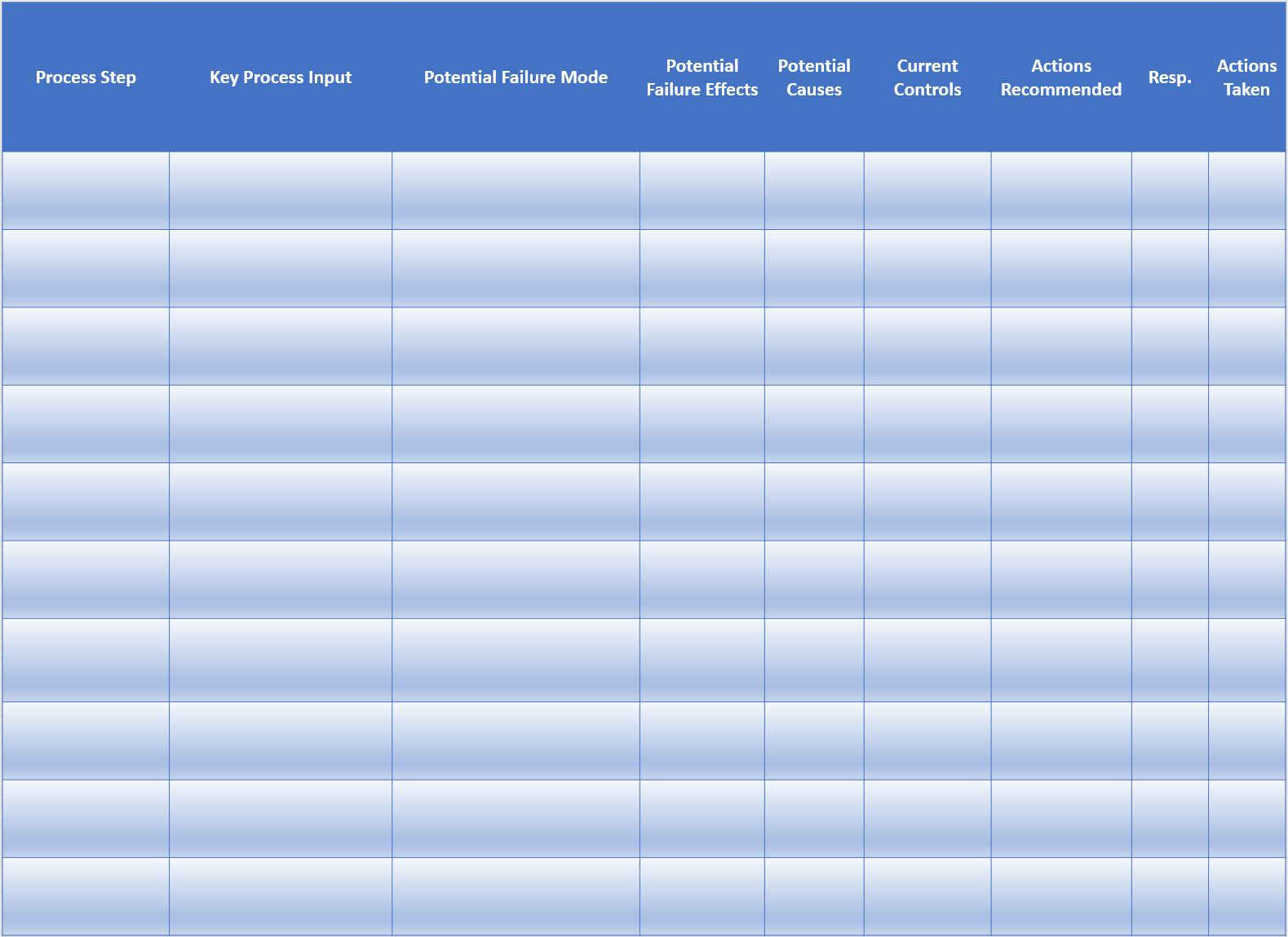S-TOP™ is designed to identify problems and what causes them
Illuminating risks associated with Strategy, Technology, Organization and Process guides re-building or re-balancing towards Pricing Excellence.
Questions & Issues
Are the prices of my products positioned correctly?
Common Pitfalls
- Aspiring value-based pricing without fully understanding the needs of the customer or the customer’s customer
- Lacking a price maturity roadmap or global pricing rationale
- Failing to factor into pricing strategy the influence of competitors, channels, or market constraints
- Lacking understanding of the clout or vulnerability of product offering relative to other alternatives in the market
How do we help?
- We refine product positioning according to differentiated value vis-à-vis competition
- Stem under-selling or over-discounting when setting prices or negotiating contracts
- Pre-empt competitive threats
- Highlight sources of value offered and be able to price accordingly
- Manage prices throughout product and customer life-cycle
- Prepare customer facing teams to negotiate confidently
Questions & Issues
Is my pricing effective and in-control in the marketplace?
Common Pitfalls
- Expecting that acquiring technology will automatically improve governance and controls
- Taking for granted the relationships between price, cost, inventory, sales, market share and profit
- Enabling revenue leaks with improper analysis for deals, discount and contracts
- Allowing arbitrary exceptions and overrides that bleed away revenues
How do we help?
- Simplify decision-making guided by analysis rather than gut feel
- Link business goals and value drivers to actions with the right KPIs
- With KPIs develop the right metrics
- Reduce the need for ad hoc discounting
- Communicate effectively internally and to the market
Questions & Issues
Are all the internal stakeholders aligned?
How do we fix perception gaps among stakeholders?
Common Pitfalls
- Centralizing or decentralizing the Pricing function without fully understanding the impact
- Not realizing the extent to which incentives vary across the organization
- Leaving price approval to front-line personnel without adequate support or control
- Cross-functional collaboration forced by hierarchy rather than team work
How do we help?
- Identify gaps pertaining to pricing strategy, processes and organization
- Identify and prioritize actions for meeting near term objectives or long-range plan
Questions & Issues
Are our pricing operations efficient?
How should we develop a robust pricing process?
Common Pitfalls
- Not updating price guidelines frequently enough
- Not tracking adherence to price guidelines
- Treating “unit cost” as a single number
- Assuming that updating a process will always be impactful
How do we help?
- Lean Six Sigma Pricing
- Map process as-is and how they should be
- Evaluate Cause and Effects
- Evaluate failure modes in order to minimize known risks












